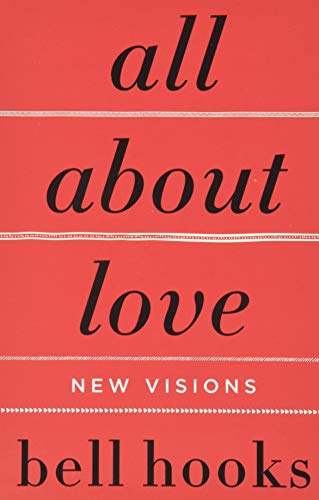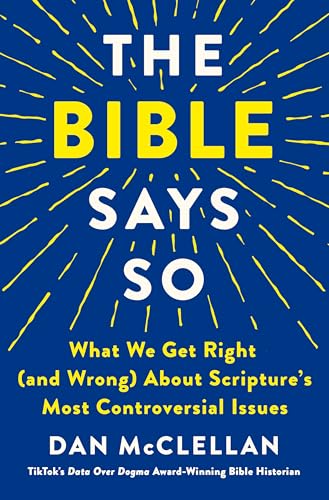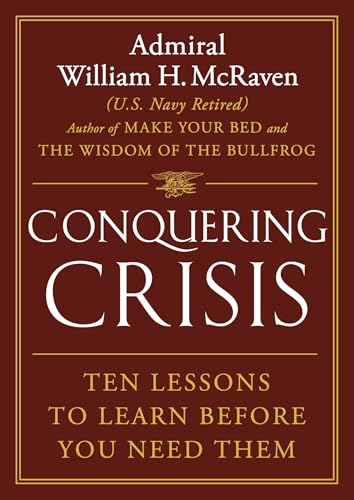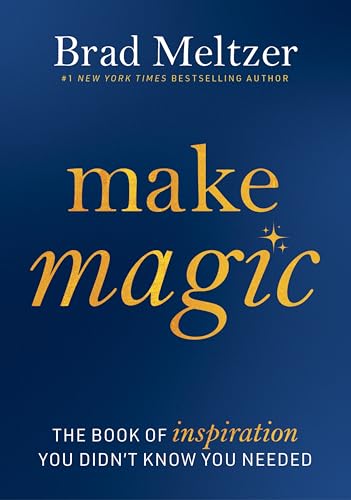Review of ALL ABOUT LOVE
by Johny McFliggen, PhD Literature & Business, Oxford
Ah, "All About Love" by bell hooks—a tome that promises to unravel the tangled skein of love with the precision of a cultural critic wielding Occam’s razor. In a world where love is often reduced to mere emojis and Netflix rom-coms, hooks dares to embark on a more profound inquiry, one that excavates beneath the superficial veneer of romance to reveal love’s deeper sediments.
From the outset, hooks deftly sidesteps the trite and pedestrian, positioning herself not merely as a theorist but as a practitioner of love in its rawest form. Her definition of love—encompassing care, commitment, trust, knowledge, responsibility, and respect—invites readers to consider love not as a serendipitous happening but as an intentional practice. It's reminiscent of Fromm's "The Art of Loving," though hooks' intersectional lens offers a richer tapestry by weaving in the pernicious threads of capitalism and patriarchy.
Her critique of modern society’s commodification of love echoes the dystopian undertones of Huxley's "Brave New World," where genuine human connection is supplanted by superficial gratification. hooks’ vision, however, is not bleak; it's redemptive. She argues for a form of love that heals, that redeems, that transcends the transactional. It’s as if hooks is channeling the philosophical musings of Socrates while sipping tea with Maya Angelou.
In a particularly poignant exploration, hooks delves into spirituality—not as an esoteric escape but as a grounding force for authentic love. It's a nod to M. Scott Peck’s "The Road Less Traveled," yet hooks offers a more radical proposition: love as a spiritual practice capable of societal upheaval. She makes the audacious claim that love can be revolutionary, aligning herself with the likes of Audre Lorde and James Baldwin, who saw love as essential to justice.
Yet, one might argue that hooks occasionally meanders into personal reflection at the expense of scholarly rigor. Some sections feel more like an introspective diary entry than an academic treatise. But perhaps this is hooks’ strategy—blurring the lines between the personal and the political to make her insights accessible without sacrificing depth.
Critics might lament this lack of analytical granularity, but they miss the point. hooks is not merely offering a dissertation on love; she is extending an invitation to a revolution—a call to arms for those weary of love’s commodification. For those who listen, "All About Love" becomes less a book and more an anthem for transformative change.
In conclusion, bell hooks offers readers more than just a redefinition of love; she provides a roadmap for living it authentically in a world that desperately needs it. While her approach may not satisfy every academic purist, it resonates deeply with those ready to see love as both personal salvation and a catalyst for societal change. In sum, "All About Love" is a clarion call—a challenge to all who dare to love radically, with eyes wide open and hearts unguarded.
Purchase Link: ALL ABOUT LOVE on Amazon



